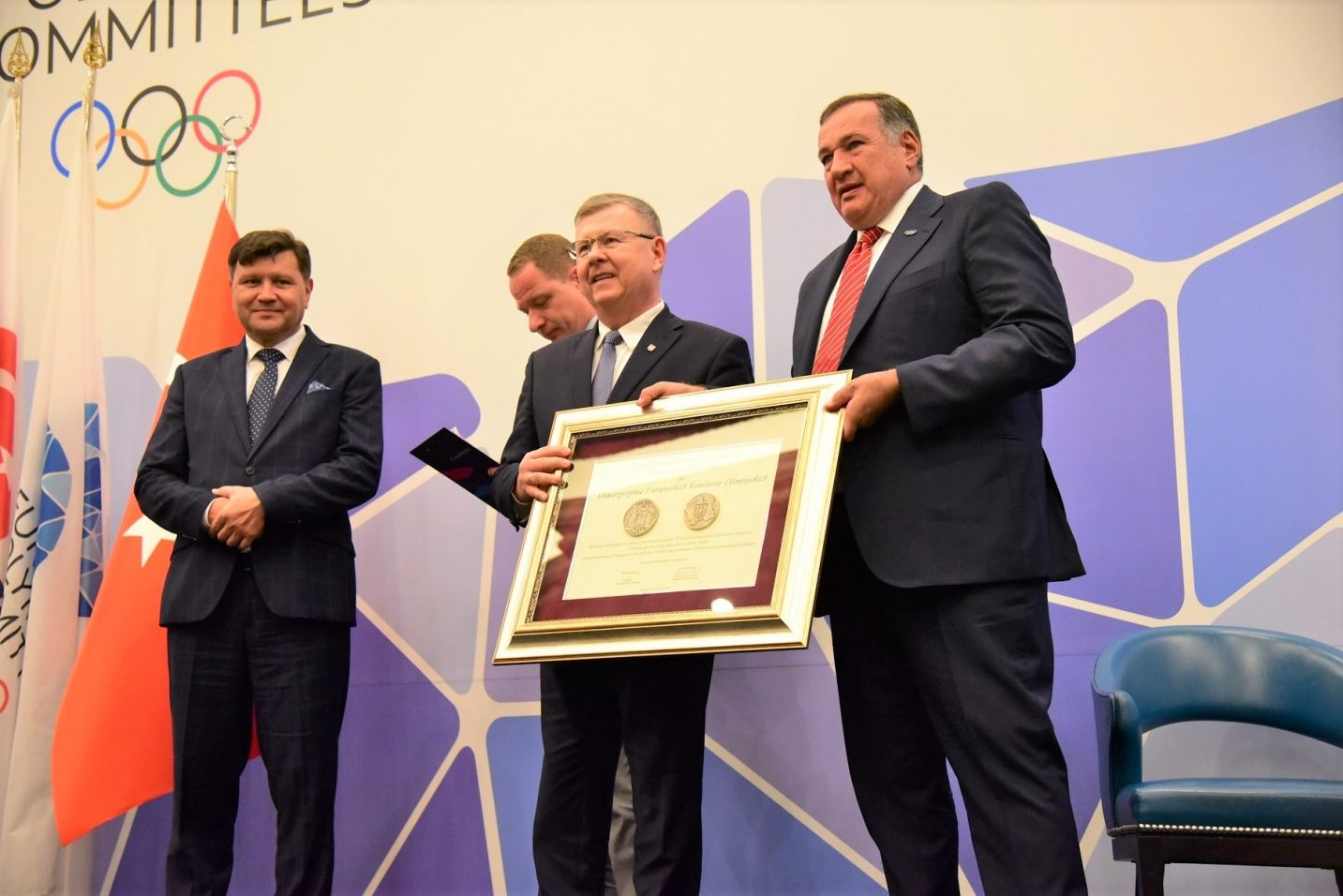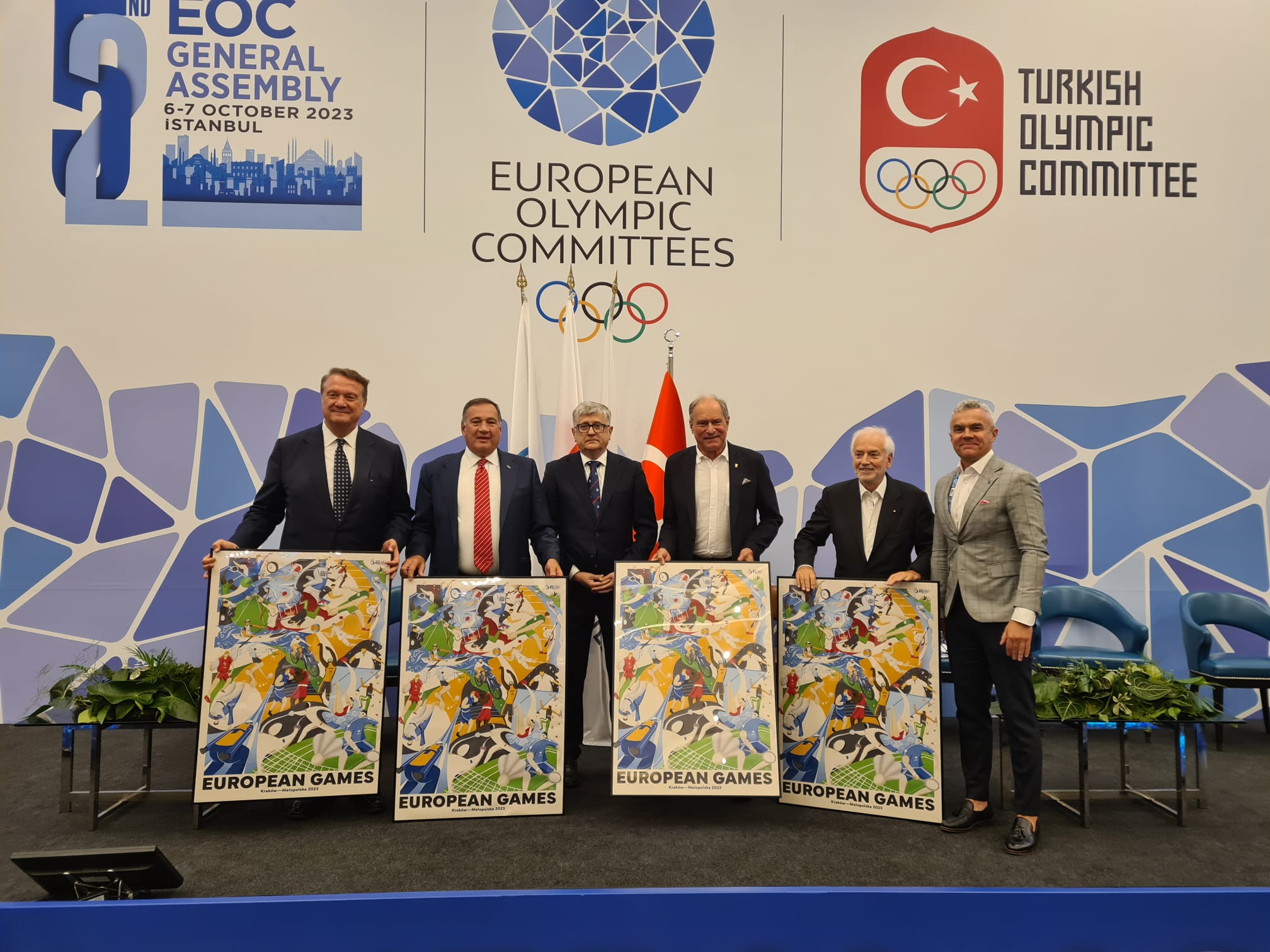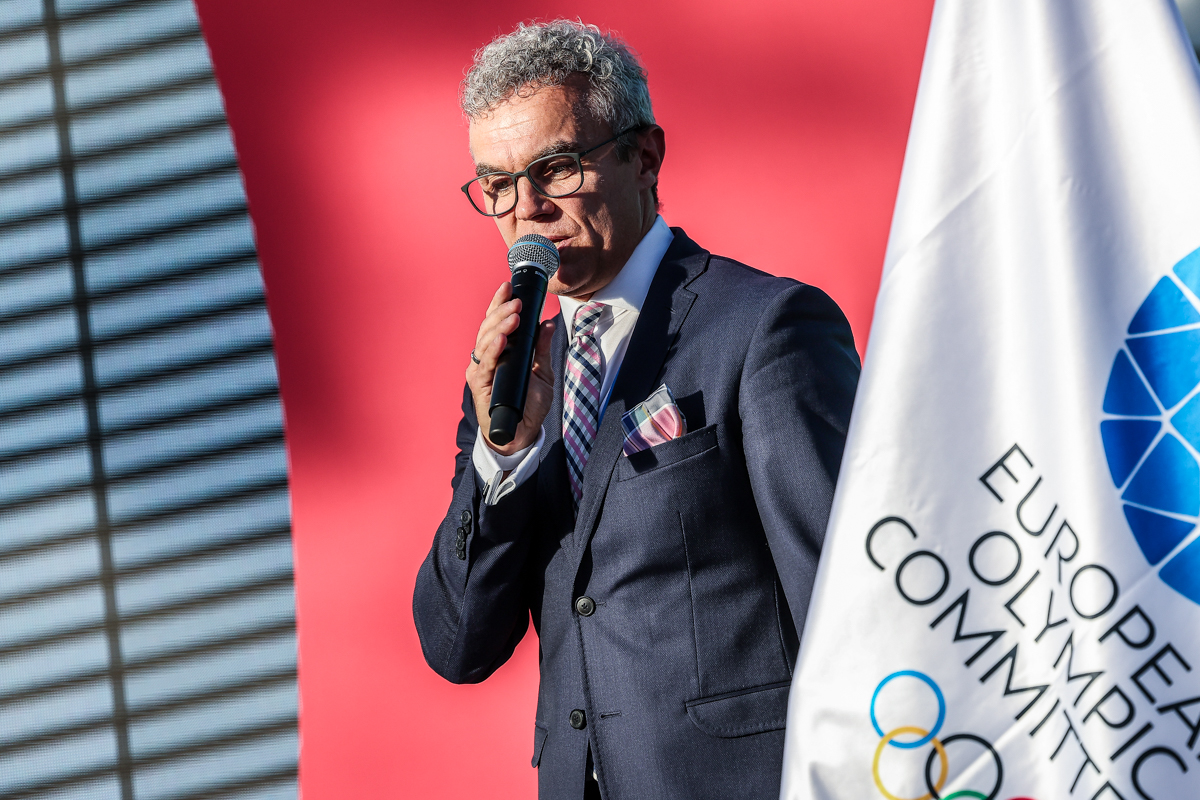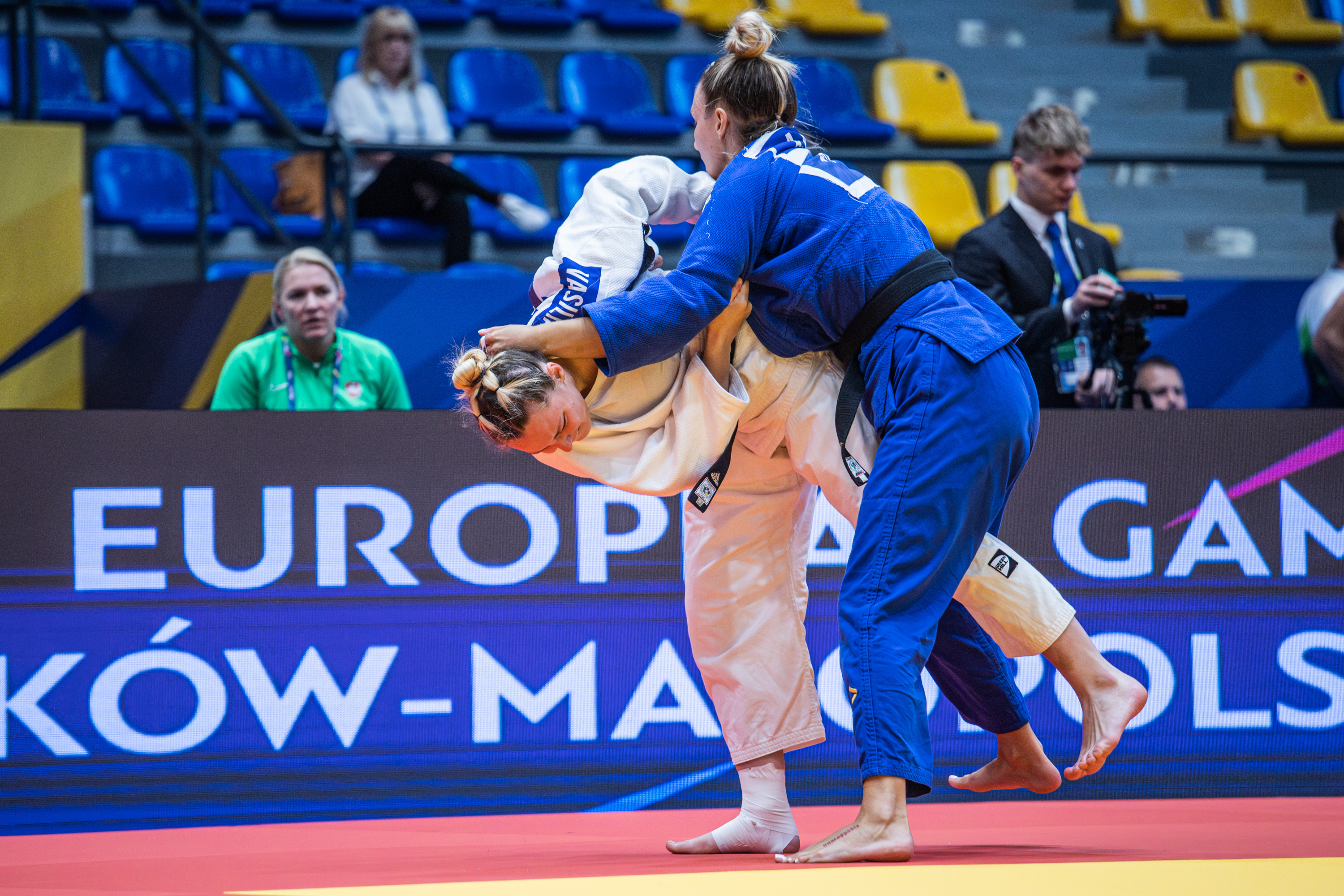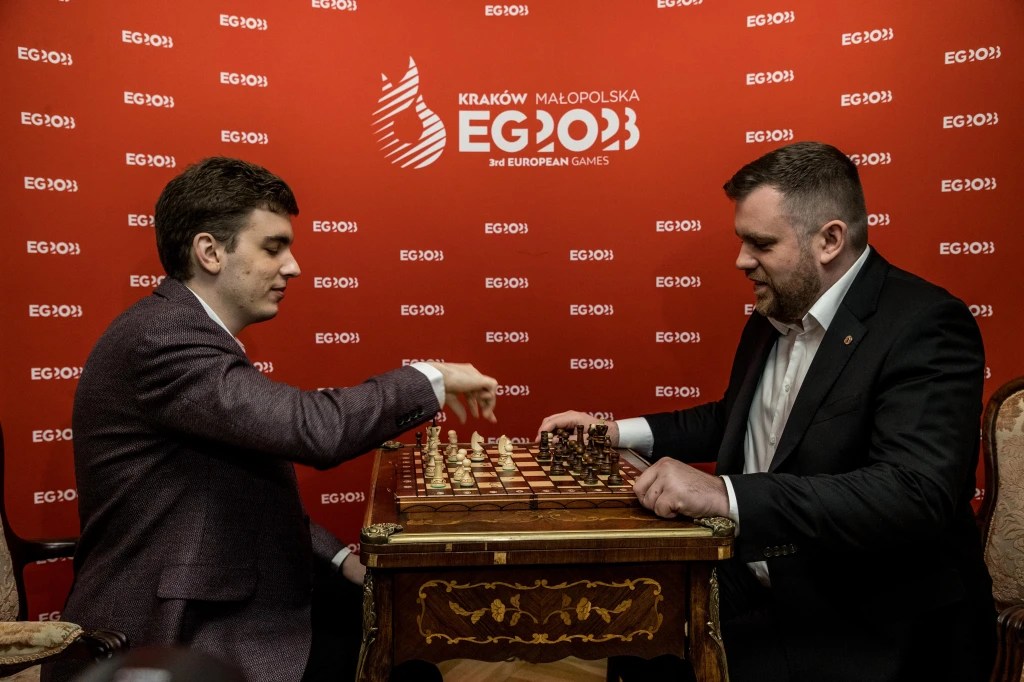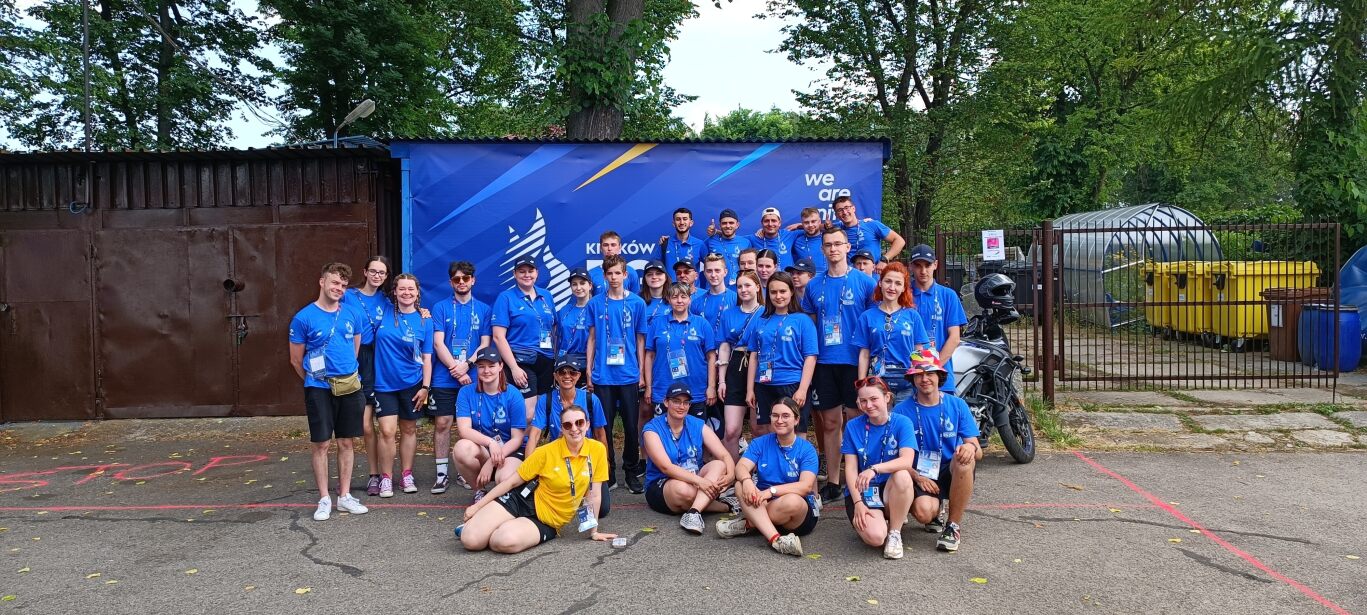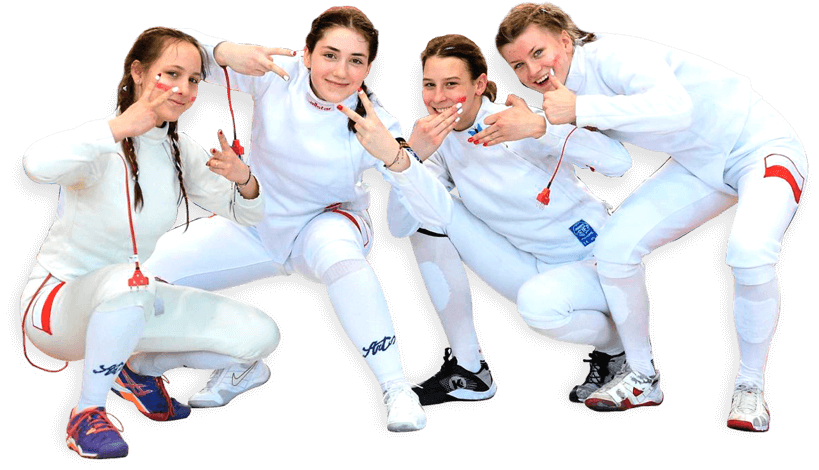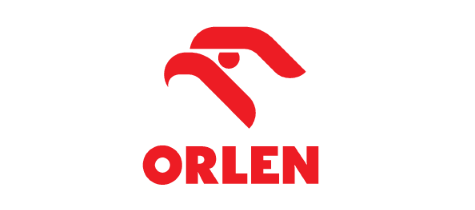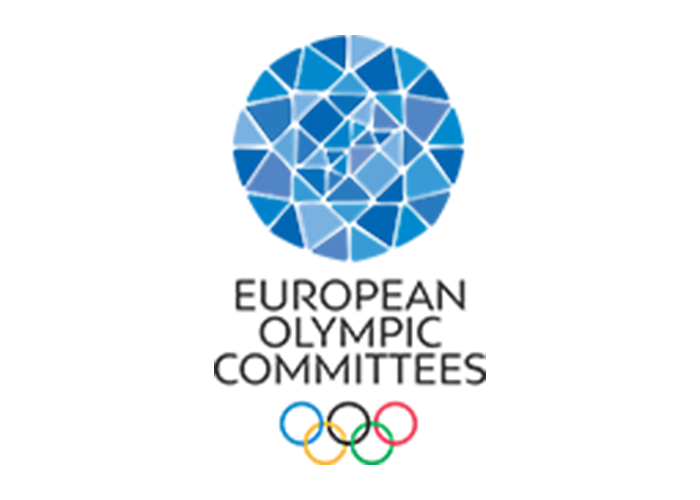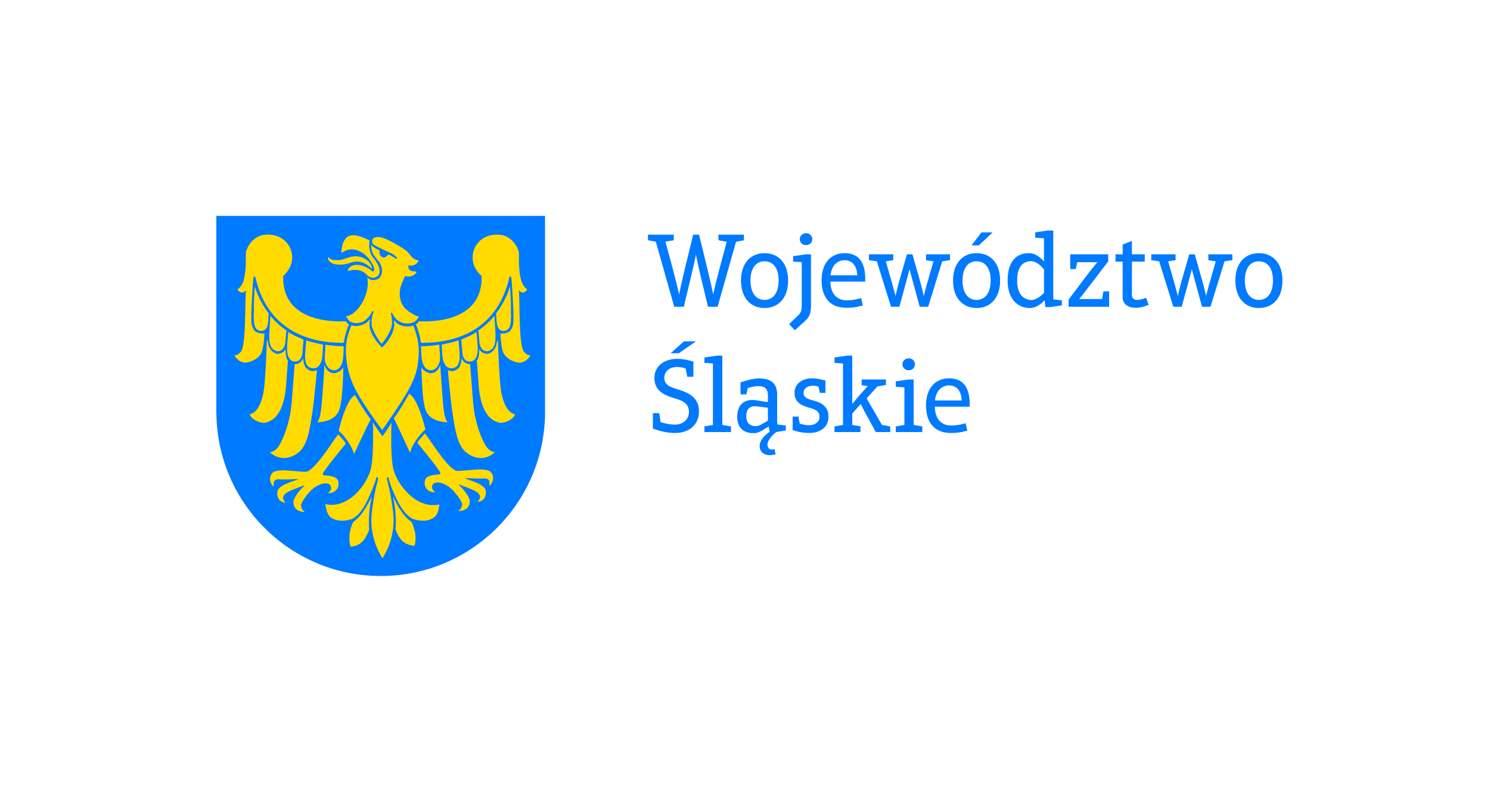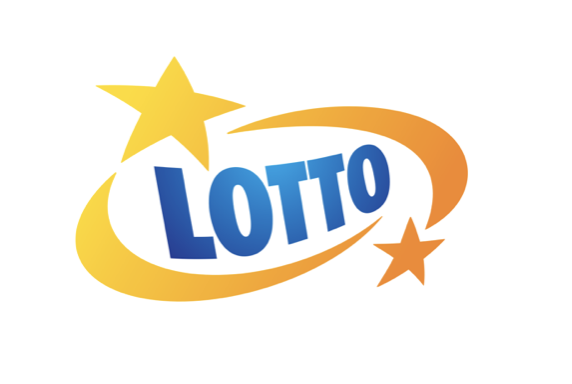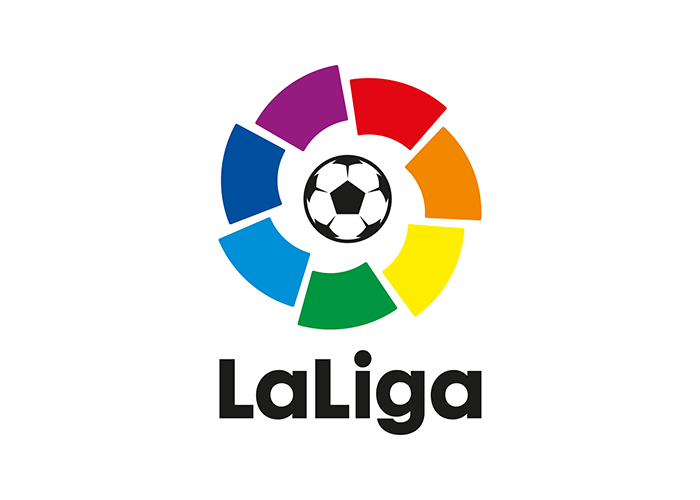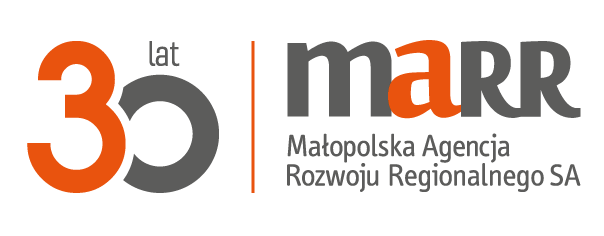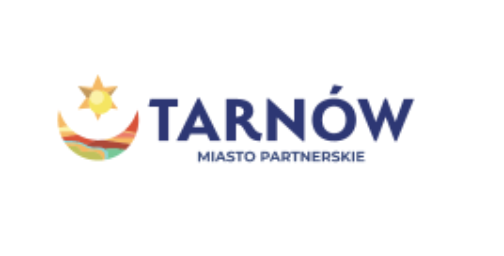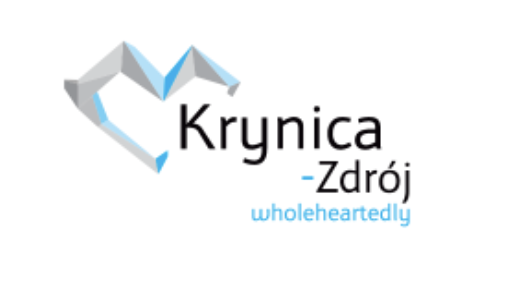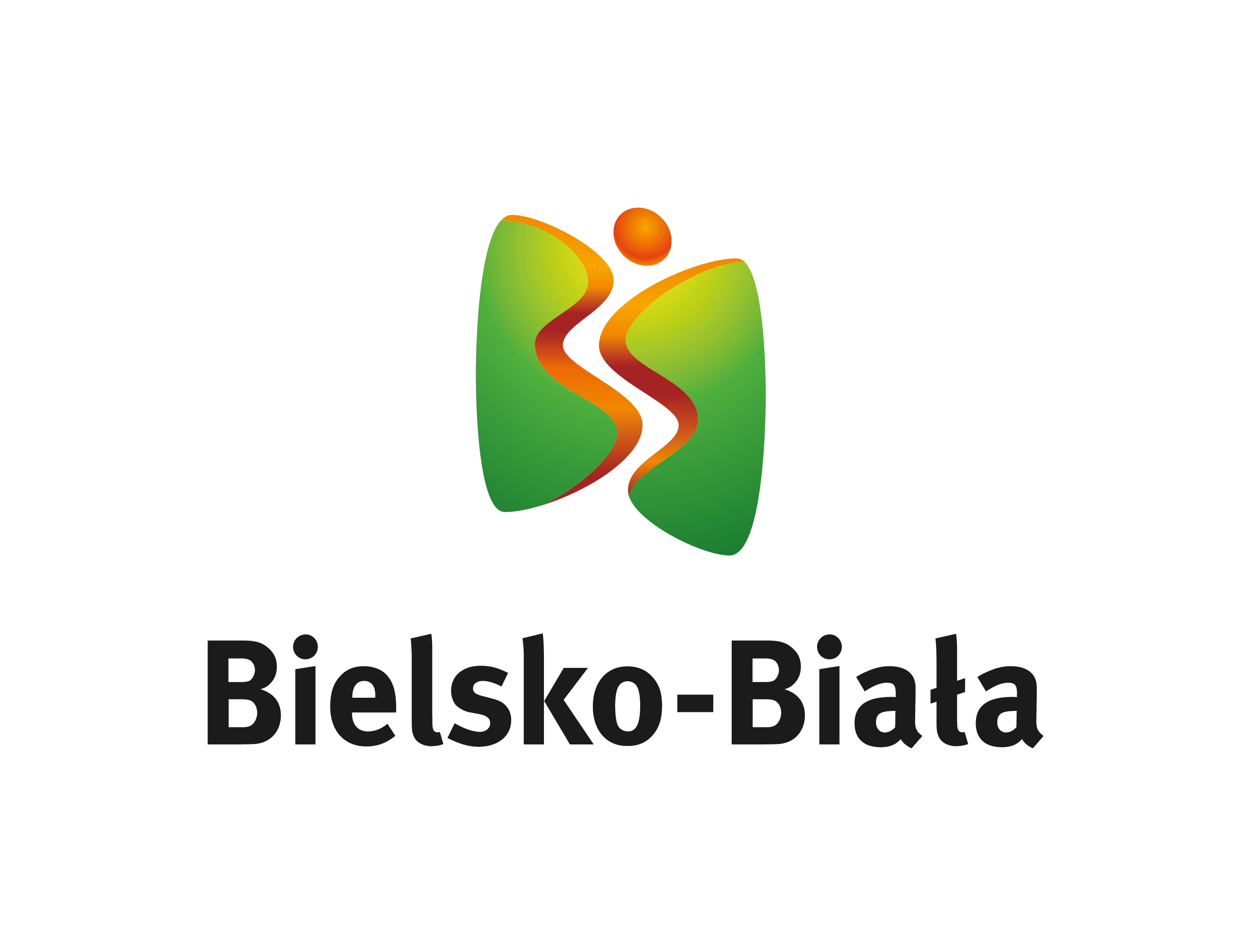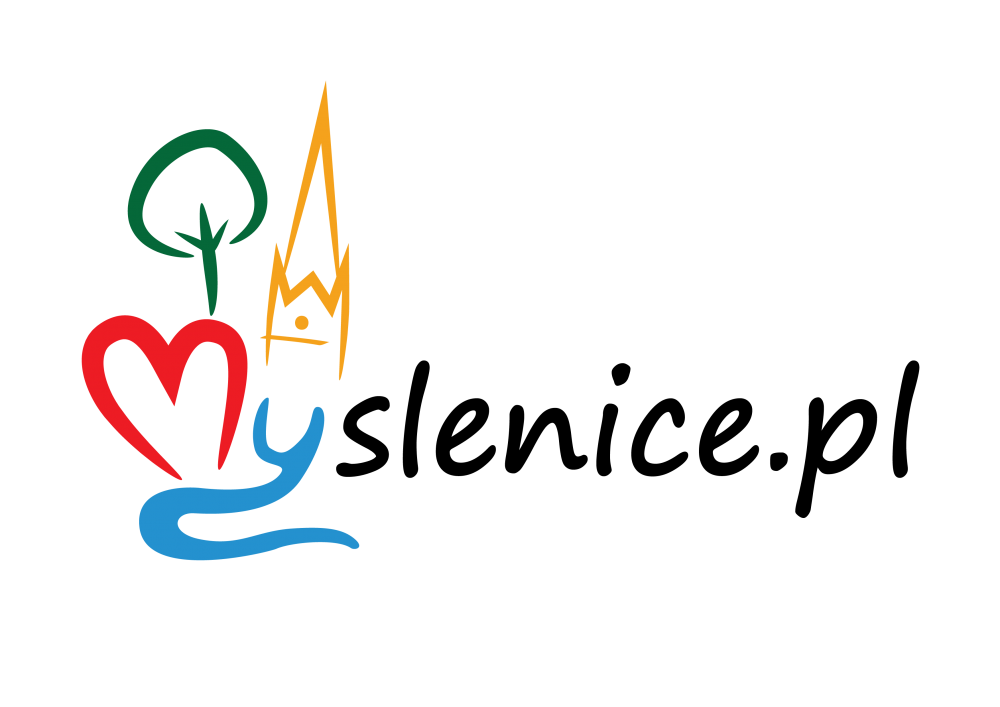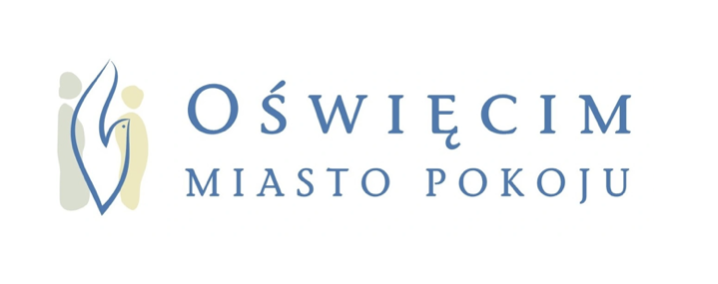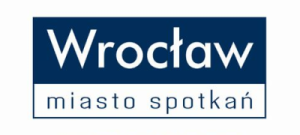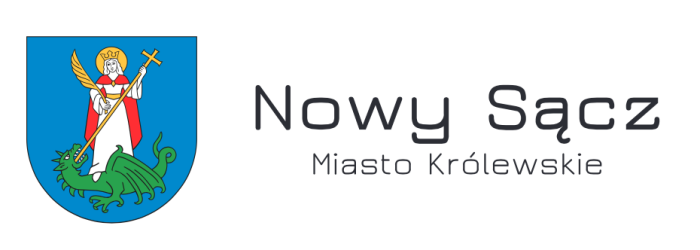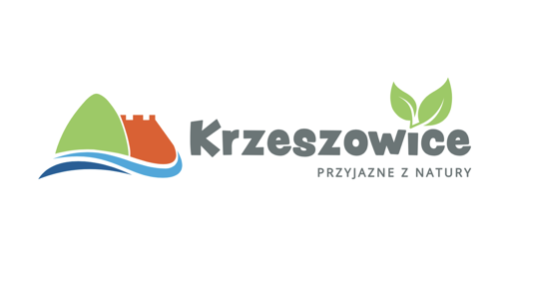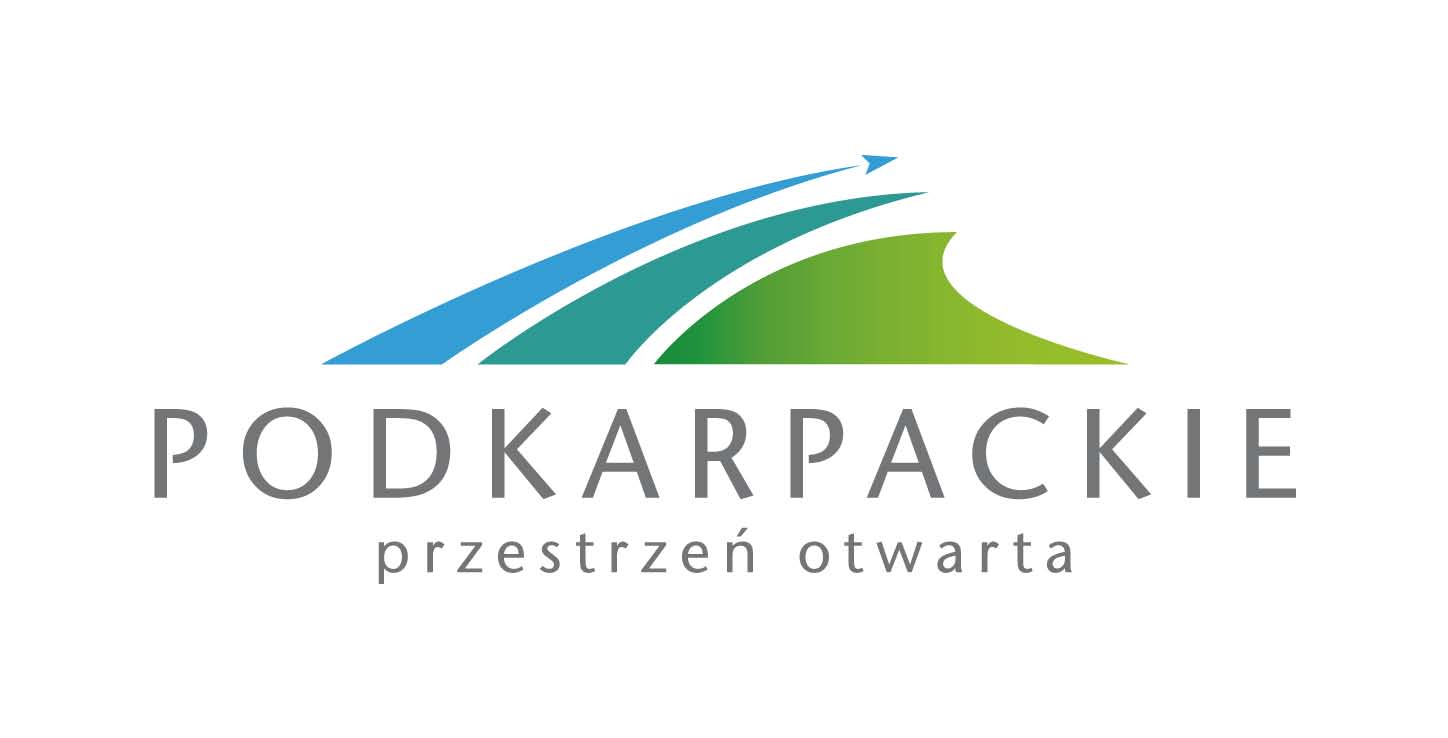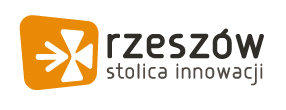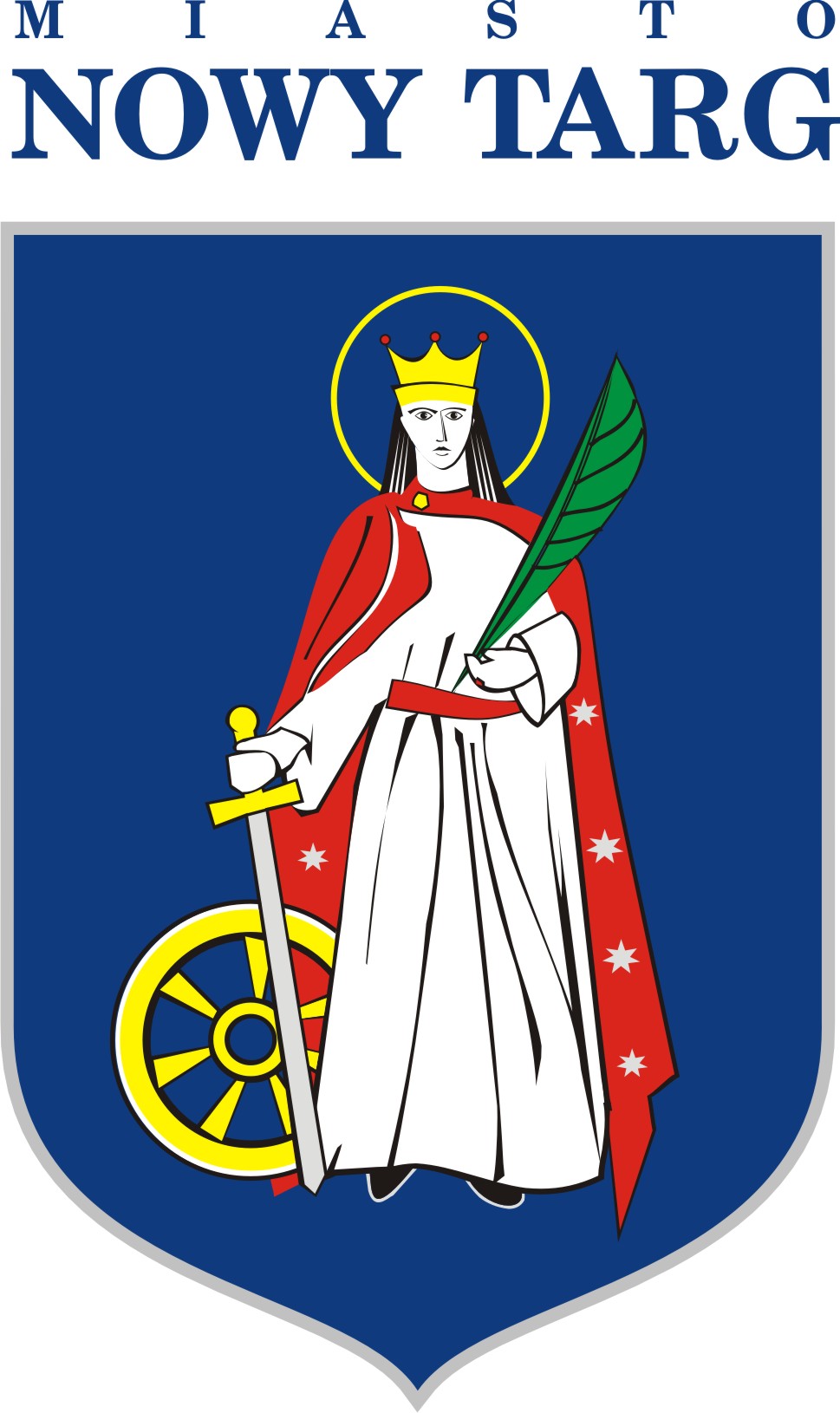Calle Akesson (Swedish Padel Federation): “We are a global sport, it’s good to be here”
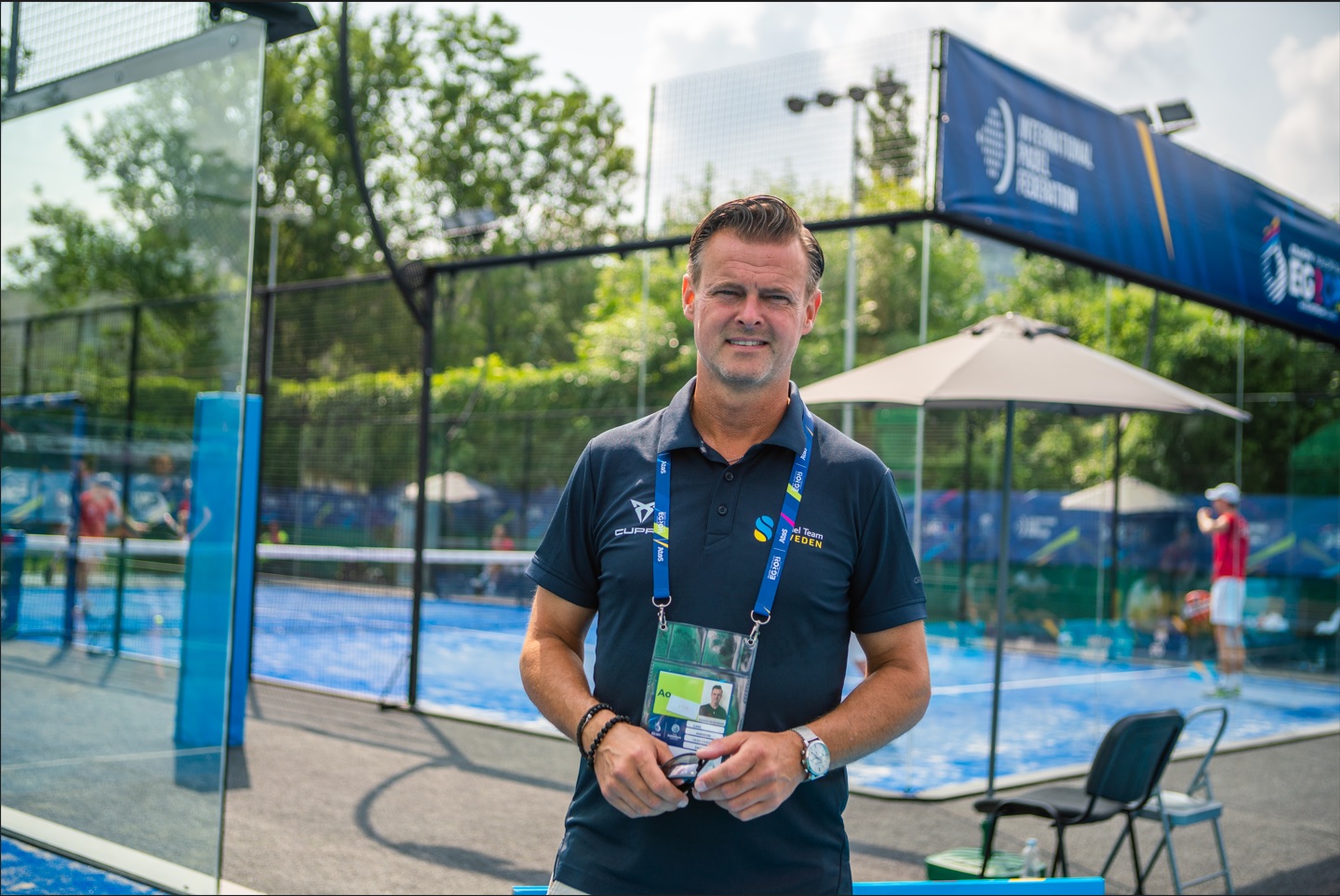
Calle Akesson, general manager of the Swedish Padel Federation, looks inside the European Games like a telescope. One of those that allows you to look far. Very far away. And, as an experienced and far-sighted manager, he knows well how in these cases it is the union that makes the strength and the sense of team – with the FIP and the other federations – that makes the difference.
“Being here at the European Games in Krakow is crucial, because we don’t just want to participate at a competitive level, we want to be there as a federation and as a country to show our support. The dream of Swedish padel is the dream of every sportsman and woman: to make it to the Olympics, and”, Akesson continues, “I think it is crucial to show IOC that we have an International Federation with a great organisation and an efficient structure, because that is how we organise high-level competitions”.
Akesson dwells on the rapid growth of padel in the world and the five-ring prospect: “We are becoming a global sport, present in many countries, I don’t know exactly what the criteria are to participate in the Games, but I know we will do everything to get there. We hope that our effort here in Krakow will be appreciated and that the Olympic Committee officials can see what we can do. A great job has been done here at the KSOS sports centre and we have been demonstrating for some time how our discipline can also be a great TV show”. A moment of reflection as the guys from his team, Sweden, pass by, then a sigh and a smile that opens up about the future: “This is a great first step towards the Olympics, I’m sure”.
His country, Sweden, has experienced tremendous growth, although there is now a moment of redefinition of supply and demand: “The clubs are going through a period of adjustment, there was great expansion during the pandemic and many facilities were opened, some of which are now struggling. I believe that in two or three years we will reach a point of balance between the number of camps and the real need. On the other hand, if we look at the Federation’s pool of non-profit clubs, we have gone from 106 clubs at the beginning of 2022, to the current 220. And that’s in just 15 months. So we are growing in the number of clubs affiliated to the Federation”. The number of practitioners is growing and the development of the ‘short racket’ is evident, although Akesson complains about the imbalance with respect to membership: “We have 500,000 practitioners but only 50,000 of them are registered with clubs. This is very important for us to change because, as in other sports, it is the federal membership that strengthens the Federation itself. Achieving this goal”, adds the Swedish CEO, “would lead us to becoming the fourth largest sports federation in Sweden.
Then, the objectives in these European Games for one of the countries that is growing a lot at the competitive level: “It is very hard, but we want to play in Krakow’s Market Square (where the semifinals and finals will be staged ed). We have a very good team, we will fight for this result. That event will be fundamental for our whole sport, it will show the world and the Olympic Committee what we are capable of”.
